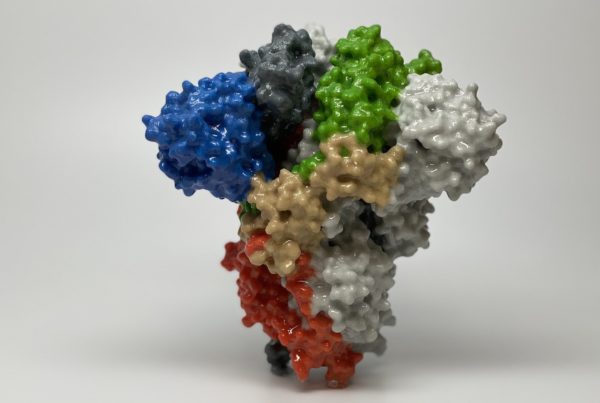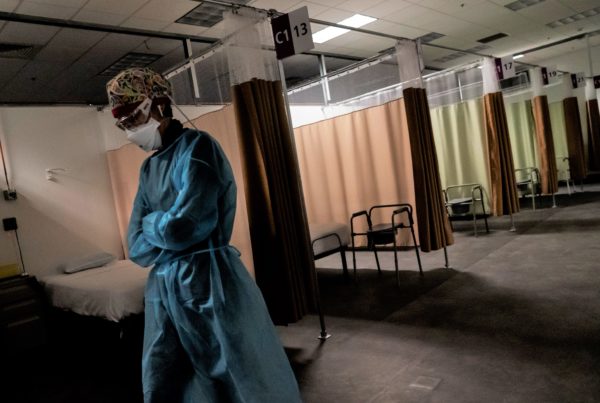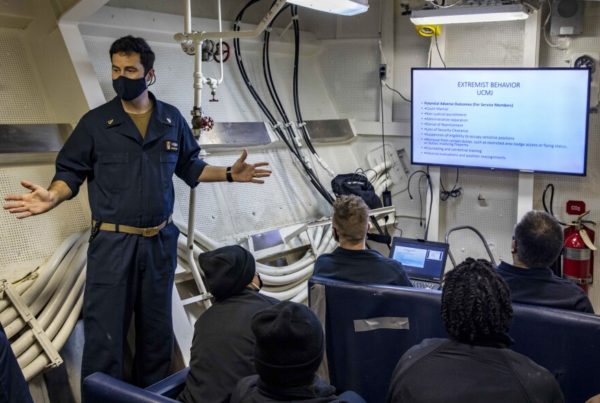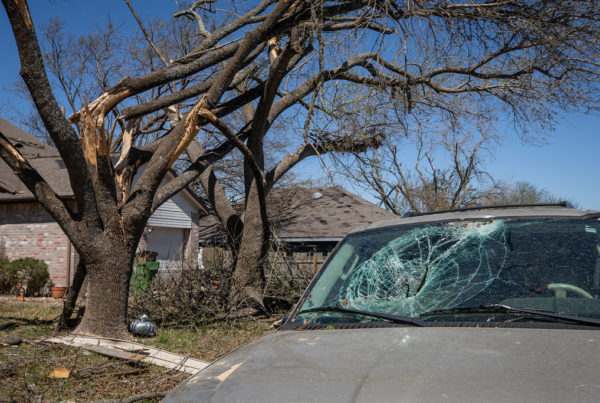Leaders from NATO and its European allies are meeting in Brussels Thursday to discuss their response to the ongoing war between Russia and Ukraine.
So far, the alliance’s member countries have remained united through the conflict, according to Larry Napper, a former U.S. ambassador to Latvia and Kazakhstan. Napper, a Texan, is now a professor of practice at the Texas A&M University Bush School of Government and Public Service, with expertise in American diplomacy and statecraft.
Napper spoke to the Texas Standard about Biden’s priorities for the talks, and possible responses to Russian forces escalating their attacks on civilians even further. Listen to the interview above or read the transcript below.
This transcript has been edited lightly for clarity:
Texas Standard: What is President Joe Biden hoping to discuss with NATO leaders regarding the alliance’s response to Russia’s war in Ukraine
Larry Napper: Well, President Biden’s visit is an exercise in alliance management and leadership at the highest level. So he’ll be talking not only to NATO leaders, but also to the European Council and the G7 leaders in an effort to keep everybody on the same sheet of music as the crisis unfolds, to make sure that there’s the closest possible coordination on military steps to aid Ukraine on contingencies in case there’s a Russian escalation, and on coordination of the economic sanctions package that is in place.
Do you sense any cracks in NATO’s united front so far?
I think it’s been a remarkably united NATO and European Union response, with the United States – remarkably united. There are some differences. For instance, the United States has totally banned the import of Russian oil to the U.S. market. The European countries have not gone that far. They have not banned all imports of Russian energy.
What do you think NATO should be focusing on right now, especially considering that Russia’s ground invasion appears to have been thwarted, at least to some degree, by Ukrainian forces?
Well, three things I think NATO’s should be focused on. One is to continue the really impressive level of military assistance that’s been making its way into Ukraine from all NATO members and from the alliance itself. That needs to continue because we have to support the heroic resistance that the Ukrainians are putting up.
The second thing is to reinforce the NATO’s allies on the eastern flank. One of the things that was announced yesterday was that NATO battle groups will be going to Romania, Slovakia and Hungary in order to reinforce that Eastern front, just as has already been done in Germany and the Baltic states. So it’s very important to make sure to clearly signal that NATO’s territories will be defended.
And the final thing is to discuss what the response would be if Putin should escalate from his side.
Well, let’s talk about that for a moment because there’s been increasing discussion regarding the possibility of Putin perhaps using biological or chemical weapons – perhaps even nuclear weapons. There’s been some saber rattling in that direction. What is your sense of the likelihood of him resorting to those arsenals?
Well, it’s hard to know. As you said, the Russian conventional attack in Ukraine has in many ways stalled. Although since that has happened, they are now resorting to the aerial and land bombardment of civilian areas in major cities. So that’s already an escalation of the attacks on Ukrainian civilians.
I think it’s possible that Putin would consider this. He’s certainly isolated not only from contacts with Western leaders, but from his own military and foreign policy and economic team. And when you get into a bunker mentality like that, it can be very difficult to predict what the next steps might be on the part of an embattled leader.
Given these priorities, where does the humanitarian response come in? I note that the U.S. is now saying it’s willing go accept 100000 refugees.
It’s right at the top of the priorities. The U.S. has not been the principal destination for Ukrainian refugees. That’s been Poland, Hungary, Romania, Slovakia – the bordering states that have accepted most of these refugees. More than 6 million, I think, is the U.N.’s latest count. And it’s putting a terrible strain on the neighboring countries of the NATO alliance that are accepting these refugees. But they’re nonetheless stepping up and they’re doing it. And we have to surge as much humanitarian assistance into Ukraine as we possibly can as well.














